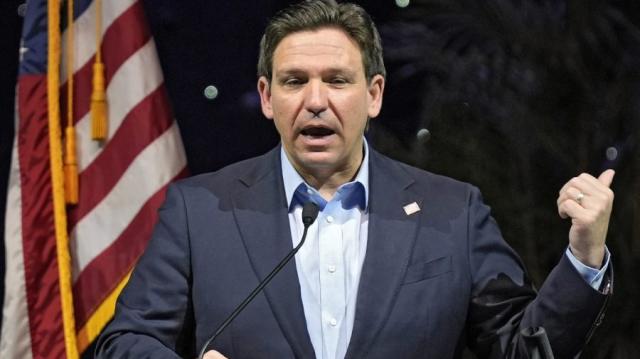In a move that reverberated across the digital landscape, Florida Governor Ron DeSantis vetoed what could have been one of the most stringent bans against children using social media. The decision, announced on Friday, has sparked debates over online safety for minors and parental supervision in the digital age.
The bill, which sought to curtail children’s access to social media platforms, was met with significant pushback from DeSantis due to concerns regarding parental oversight. Unlike similar legislation in other states, such as Utah and Arkansas, which restricted children under 13 from creating accounts and required parental consent for some teenagers to join platforms, the Florida bill proposed a blanket prohibition on all minors up to the age of 15 from accessing social media.
DeSantis’s decision to veto the bill underscores a delicate balance between safeguarding children from potential online harms and ensuring parents have control over their online activities. In a statement posted on social media platform , the Governor emphasized the importance of both protecting children and supporting parents’ rights in navigating their children’s digital usage.
While acknowledging the negative impacts of social media on children’s well-being, DeSantis also highlighted the potential benefits of online platforms, especially with proper parental supervision. This nuanced approach underscores the complexities of regulating children’s digital access in an increasingly connected world.
Despite the veto, DeSantis expressed his commitment to working on a “different, superior” alternative plan in collaboration with state officials. This suggests that Florida may still introduce measures aimed at addressing youth access to digital platforms while taking into account parental concerns and children’s safety.
The Governor’s decision has reignited conversations about the role of social media in children’s lives and the responsibilities of both platforms and parents in ensuring a safe online environment. As discussions continue, stakeholders will undoubtedly seek solutions that balance the benefits and risks of children’s digital engagement while upholding their rights and well-being.
In the ever-evolving landscape of digital governance, DeSantis’s veto represents a pivotal moment in shaping policies that impact the youngest users of social media platforms. As states grapple with similar legislation, Florida’s approach will likely serve as a reference point for future debates on children’s online safety and parental oversight.
